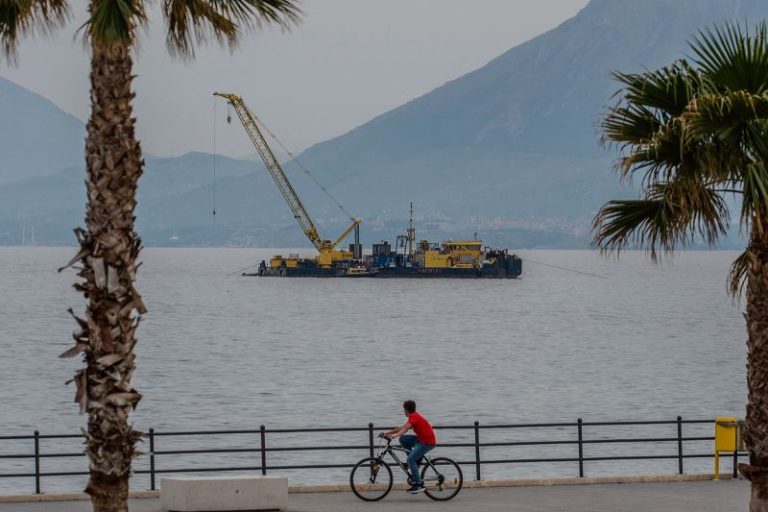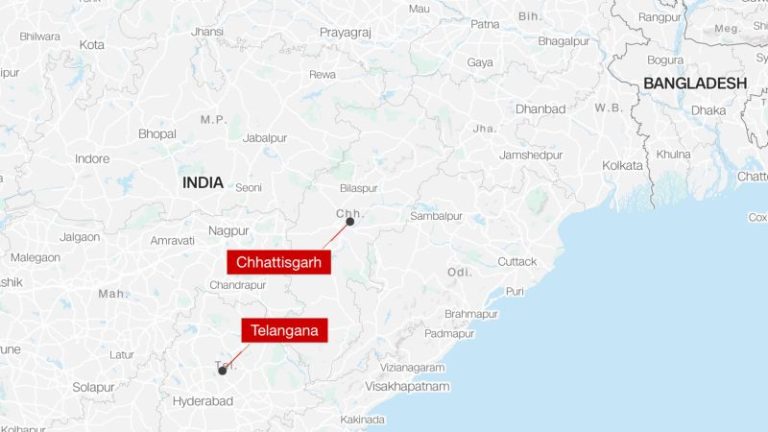Sudden, hurricane-force winds toppled the luxury Bayesian superyacht that sank off the coast of Sicily last August, according to an interim report into the disaster, which found the boat had “vulnerabilities” to extreme wind which were not known to the owner or crew.
The 184-foot sailing boat owned by British tech tycoon Mike Lynch was anchored about a half mile from the port of Porticello on the Italian island’s northern coast when it sank, killing seven people, including Lynch and his 18-year-old daughter Hannah.
The interim report by the UK’s Marine Accident Investigation Branch (MAIB) gives a detailed account of the hours before the Bayesian suddenly capsized and the desperate escape attempts by the 12 guests and 10 crew on board in the moments after.
On the evening of August 13 when Bayesian’s guests and some of its crew retired for the night, the seas were calm and the winds were light, but thunderstorms were forecast, the report said.
Bayesian’s skipper, James Cutfield, told the overnight watchkeepers to wake him if the wind speed increased above 23 mph or if the boat started dragging anchor, the report said.
At around 3 a.m., one of the watchkeepers noticed storm clouds and lightning seemed to be getting closer, though the wind was blowing at around 9 mph from the west.
An hour later, the wind picked up to 34 mph. Around 3:55 a.m., the watchkeeper filmed a video of the advancing storm and posted it to social media, according to the report, before closing the cockpit windows and forward hatches to protect the yacht’s interior from rain.
Eyewitnesses described furious gales and hurricane-like winds that left an avalanche of debris near the pier.
At 3:57 a.m., the yacht started dragging its anchor, and the watchkeeper woke the skipper and other crewmembers, the report said. Some of the guests were also woken by the storm. Lynch made his way to the boat’s flybridge to see if the taxis arranged for 8 a.m. that morning would have to be canceled because of the storm. The yacht’s chef began stowing cutlery, pots and pans.
Then, the wind suddenly increased to more than 80 mph, and at around 4:06 a.m. the yacht “violently heeled over” to a 90-degree angle in less than 15 seconds, sending people, furniture and other loose items flying across the deck, the report said.
“There was no indication of flooding inside Bayesian until water came in over the starboard rails and, within seconds, entered the internal spaces down the stairwells,” the report said.
Guests and crew scrambled to escape the sinking ship, with two guests using furniture drawers as a ladder to escape their cabin, according to the report.
The survivors treaded water and used cushions from the boat as flotation devices before the boat’s chief officer was able to detach and inflate a life raft, the report said.
Responding to a flare from the life raft, the skipper of a nearby ship rescued the survivors before calling the local coast guard, the report said.
Seven people died in the accident, including the yacht’s chef Recaldo Thomas, Morgan Stanley International director Jonathan Bloomer, prominent American lawyer Chris Morvillo, and both of their wives – Judy Bloomer and Neda Morvillo. Cutfield and 14 other people survived the sinking, including Lynch’s wife, Angela Bacares.
Winds of 73 mph were enough to knock the Bayesian beyond the point of no recovery, the investigation found. It also said it is possible Bayesian could have been vulnerable to lighter winds.
“These vulnerabilities (when in the motoring condition with sails lowered, the centreboard raised and 10% consumables on board) were not identified in the stability information book carried on board,” the report said. “Consequently, these vulnerabilities were also unknown to either the owner or the crew of Bayesian.”
Marine salvage experts are currently working to recover the yacht from the ocean to better understand what happened.



